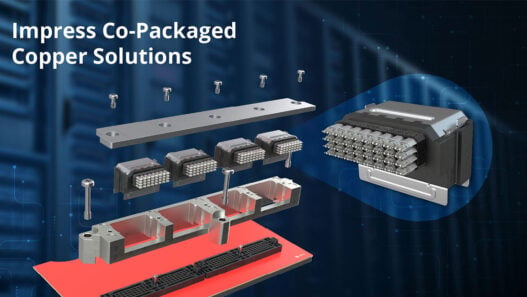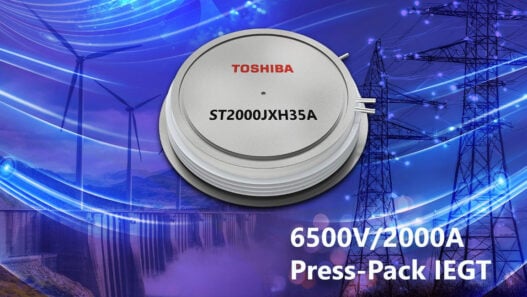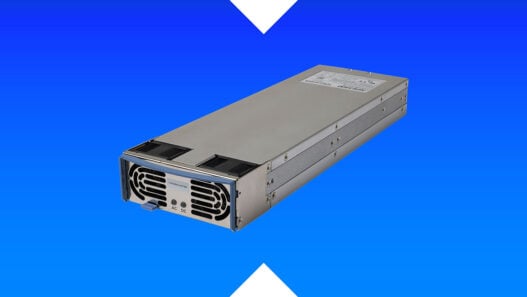Everything from banking to schoolwork is done via the Internet which has unsurprisingly led to a huge increase in the number of devices that exist in the world. For example, if we look at mobile devices alone, the number is expected to reach 18.22 billion by 2025. With the growing number of devices, comes the rise in e-waste as consumers use and then update devices over their lifetimes.
Due to concerns for the impact of this on our environment, the European Union (EU) has put steps in place to encourage a circular economy by bringing forward regulations that support more sustainable practices. The Ecodesign for Sustainable Products Regulation (ESPR) – part of the Circular Economy Action Plan (CEAP) – is an initiative that will see a change in the design requirements of products in order to ensure their sustainability and circularity. This will also see the mandated implementation of Digital Product Passports (DPPs).
Lars Rensing, CEO of Protokol further explores.
What are the EU’s circularity goals
Building on the existing Ecodesign Directive 2009/125/EC, the ESPR is a framework with the aim to improve the circularity and the practices that contribute to sustainability in order to make “sustainable products the new norm in the EU, by making them last longer, use energy and resources more efficiently, easier to repair and recycle, contain fewer substances of concern and include more recycled content.”
Digital Product Passports (DPPs) – which are mandated as part of this regulation – are a tool used to collect, document, and share product data throughout its entire lifecycle. This data can be recorded from the point it is placed on the market and can include information on the materials used to produce the product, the carbon footprint of that process, and even useful information for end-users such as warranty information, where to obtain spare parts, and information on end-of-life disposal or recycling. This is especially important in tackling the e-waste problem because if consumers readily have access to correct product disposal information – and they act on it – it could have a huge impact on how many materials are sent to landfill.
The EU will manage a public web portal where consumers will be able to access information about the sustainability credentials of the product.

Credit: Protokol
Initial plan of action for businesses
Businesses looking to get a head start should start preparing now. As a first step, electronics businesses should look to assign a DPP lead who will be responsible for the effort. They should ensure that the business researches and understands as much as it can about the regulation and how it impacts their organisation specifically. Following this should be the creation of a strategy that outlines clear goals, and actions, being mindful of the data points the regulation will likely ask to be recorded. Involving relevant internal departments and collaborating with suppliers for data collection at this stage will mean that businesses are already setting the motion for an ongoing process that will be established as part of the mandate.
As part of the implementation phase, companies should look to assess the different technology options in the market to support DPP creation and integration, ensuring that factors like interoperability and security are prioritised. After these stages, piloting will set the course for ongoing sustainability practices. If businesses start this journey sooner rather than later, they will have time to consider these steps properly and ensure their process is tried and tested so they have a future-proof solution that will drive real value.
Looking forward to a sustainable future
The EU DPP mandate will be a challenging journey for all businesses. The complexity of the legislation, teamed with exploring uncharted technology for some will mean that electronics businesses will need to learn and act fast. However, the industry has a chance to be at the forefront of the circular economy movement with timely implementation and diligence.







